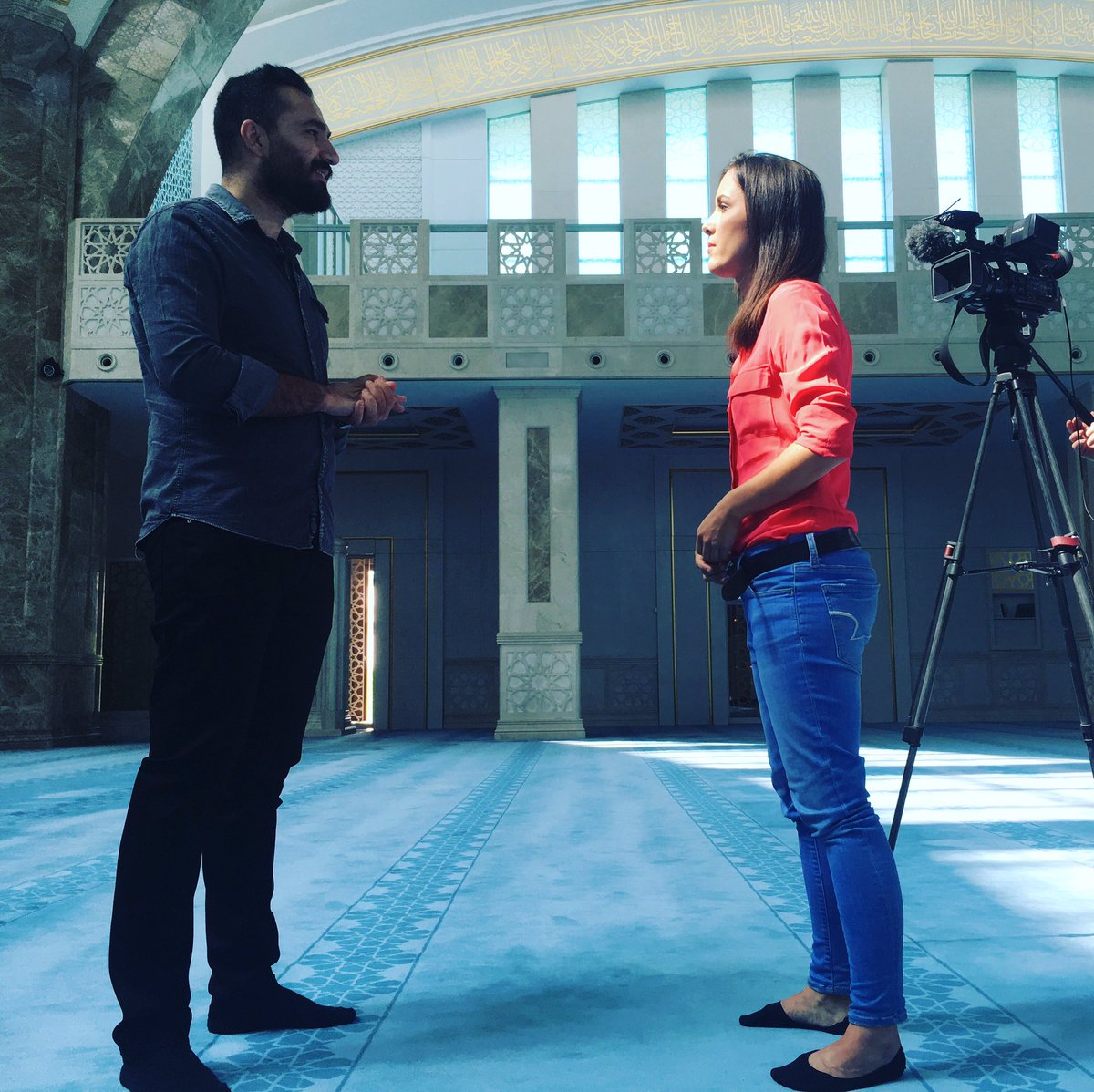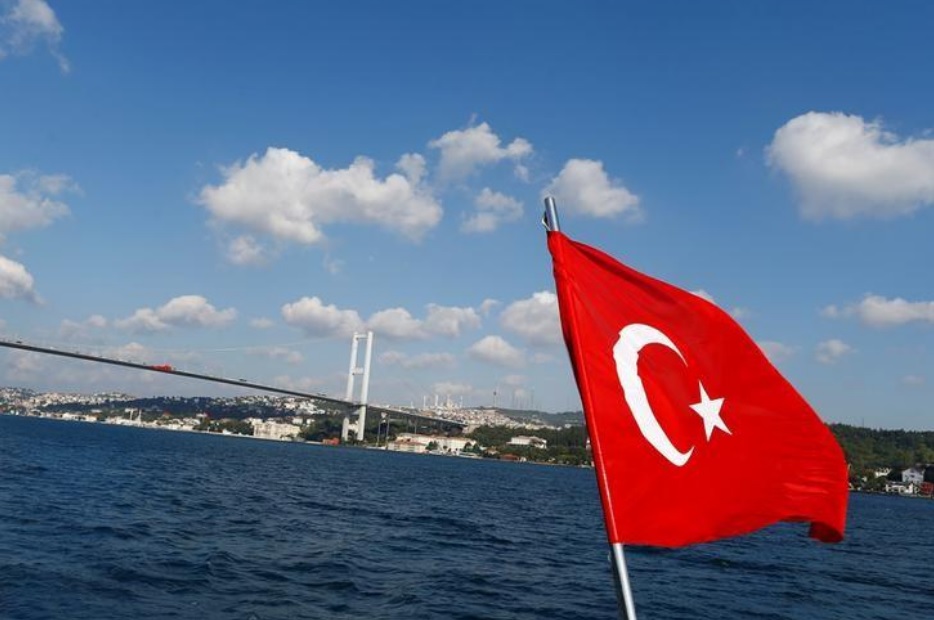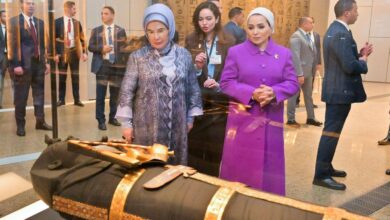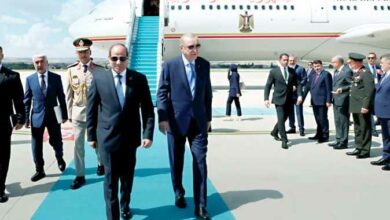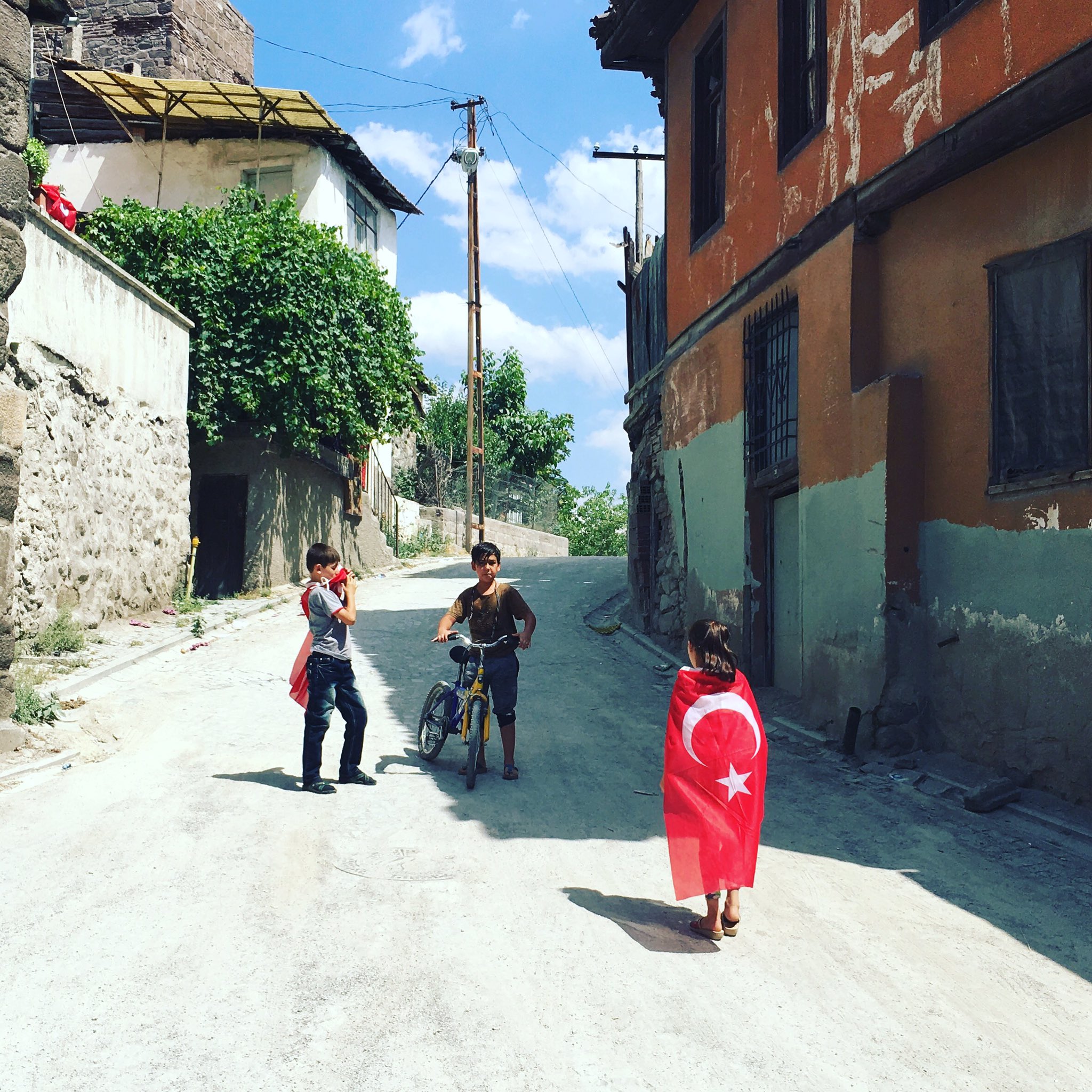
Turkey is experiencing rapid change as its government become increasingly authoritarian. DW’s Fanny Facsar headed to Turkey to find out how nationalism plays into this trend under President Recep Tayyip Erdogan.
Turkey is not one of the most popular destinations these days, especially for Germans. Amid increasing diplomatic tensions between the Turkish and German government over human rights issues and the arrest of several German citizens, both tourists and journalists are staying away.
Despite that I was very curious to find out what the concept of nation means to Turks, especially right now.
In the wake of last year’s failed coup, President Erdogan says that is necessary to keep the country stable, to be a strong nation and to crackdown on “enemies.” Tens of thousands of people have subsequently lost their jobs, including teachers and journalists under Turkey’s draconian terror laws.
At least one half of the population appears to support Erdogan’s strategy despite signs of authoritarian rule. They believe Turkey needs a strong leader to revive national pride.
Putting Islam first
Erdogan has been in office for nearly 15 years and at the beginning he made headlines trying to modernize Turkey. His popularity was boosted in part by massive infrastructure spending and economic growth. Another important feature of his politics: fusing nationalism and religion.

